Tips for a First Year Kindergarten Teacher
This is my letter to you, dear first-year kindergarten teacher.
Let me start by saying that even though you may be nervous as all get out – if you have excitement for being in kindergarten – then you’ve got this!
Of course, there will be challenges, but that is something everyone has to overcome – so you’re not alone. You can do this!
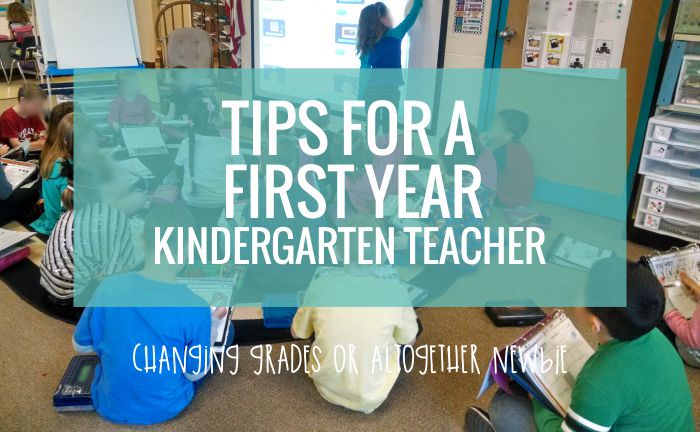
I do not believe this list to be exhaustive. It’s just what I see as top priorities to wrap your mind around when you’re staring down a “school starts” date on the calendar.
Now – jump to the part that fits you best!
If you’re a new teacher {period}
If this is your first year of teaching {{ever}} then I’d say:
- Really get to know your standards for the first 6-9 weeks of school
- Get yourself a good planning binder setup (it’s okay if you don’t know everything that you’ll need/use yet – it’ll be great to have a place to put things)
- Really list out a daily routine you’d like to have established by week 4/5 of school.
- If you can also write down a list of your classroom management expectations (down to the nitty gritty) you’ll be glad you’ve thought through how to react before hand.
Why those?
You need to have a filter with which you plan your lessons
When you know your standards (for… let’s say up until your first report card – you can become an expert on the rest later) you now have a filter with which to pull lesson ideas, kick others to the curb or organize them for use later on.
Otherwise, every lesson you see may seem cute… or awesome… but with a filter, you can decide more easily if it’s worth the time spent preparing it and the time spent on it in the classroom knowing if it will help fit your students’ needs.
A binder will be a helpful place to keep everything
Create yourself a teacher binder. You can add to it, trash stuff part way through the year and you can tote it between home and school daily if needed.
You’ll have it at your fingertips when you need to look at your schedule, lesson plans, phone numbers or staff meeting notes.
Having a daily routine will help all students know what to expect
You can work diligently over the first 4-5 weeks of school getting it in place and the students can grow their attention spans to match the length of your activities planned. You can tweak this over the year to fit your needs, but have a routine/order to your day makes it run smoother.
Here is our routine from my teacher perspective… we simply interrupt the normal routine to insert specials like gym, art, etc.
Positive and high expectations are a must
Create yourself a detailed plan and think through small things like:
- turning in stuff
- where to put stuff while it’s drying
- how to handle a pushing/shoving situation
- what to do with the random blurts during any whole group activity in the beginning.
It’s cool to over-plan and write down how you might respond. “In our class, we are expected to … and you chose to …” can go a long way in the beginning plus you should totally teach mini-lessons on this stuff… don’t expect them to know it.
They will learn it, love practicing in positive ways, and being recognized for it. You’ll love that they meet those high expectations because you’ve taught them how to achieve them and given lots of opportunities to practice them.
This is the stuff that will take time on the front end, but pay off all year long.
If you’ve taught older grade levels
If you have taught older grade levels before then let me share that procedures and routines have to go under a microscope the first 21 days of school.
Break things down piece by piece and do not expect students to honestly, really know how to do anything school related may be helpful.
You’ll be pleasantly surprised when you find someone who has a clue into “how to do school” or can cut with scissors right off the bat – which is fun, rather than being overwhelmed by all they “can’t” do… when you may be used to what students in older grade levels come in knowing.
Break it down
This may seem silly or over the top… but let me share that I do a mini-lesson on blowing noses and finding the kleenex boxes in my room. Why in the world do I do this?
Because I don’t want to be frustrated.
A kid wiping their ever.running.nose on their sleeve {{uuugh}} then corrected to use a kleenex will generally only wipe the kleenex across their face the same way they did their sleeve…
Right, so while you are teaching a bajillion little lessons during the first few weeks of school (since they need to move every 15 minutes), take the time with them when they’re on the carpet the first few days to go over the small stuff.
Show them:
- how to color (how does your arm/wrist remain still and your hand does the back/forth or circular motion)
- how to cut (open, slide, shut)
- how to clean up after themselves (make a spill/mess and show how to get the tools to clean up the majority of it)
- how to move from point a to point b
- how to hold that pencil
While you won’t expect that they have everything mastered right away {{aka insert “germ catcher” cough into your elbow reminders}} you can remind them that they were taught how to, can have a reference point to work from and/or hold them accountable when needed.
Either way – if you’re new to kindergarten
Either way, I’d say jot yourself a list of transition ideas (calling by rhyming names, if you have an “a” in your name, move like an alligator, etc.) to help move students from one area of the classroom to another quickly.
That’ll help when you’re doing tons of transitions the first two weeks of school as they lengthen their attention spans and adjust to the length of your school day. If you don’t think you’ll recall them in the moment, simply plug them into your lesson plans. That’s totally cool.
So what’s next?
Kindergarten teachers are a unique breed of teacher and now you’re one of us. Welcome. You’re in.
Welcome to kindergarten!
Come hang out with us kindergarten teachers on facebook and come back to this website often.
You may want to get this tip and 8 others sent directly to your email with my free Back to School Bootcamp course. You’ll get my best on starting kindergarten and be on your way to feeling more prepared than ever!
If you like what I do here on KindergartenWorks, then be sure to subscribe today. I look forward to sharing ideas with you weekly.

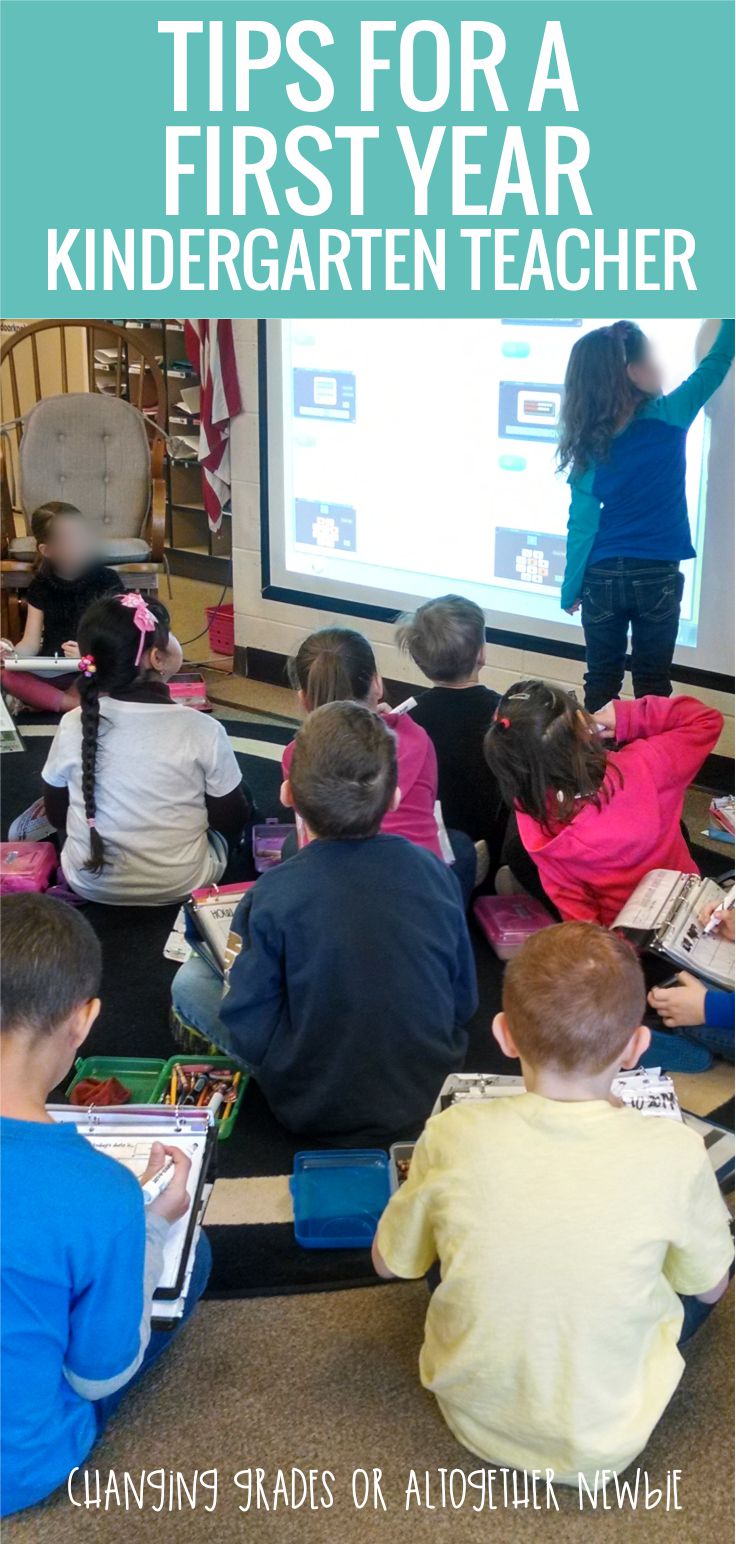

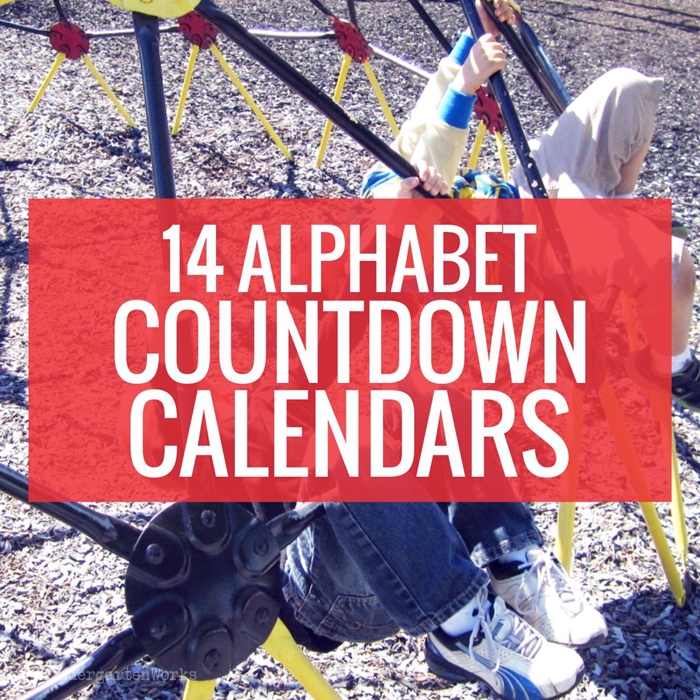
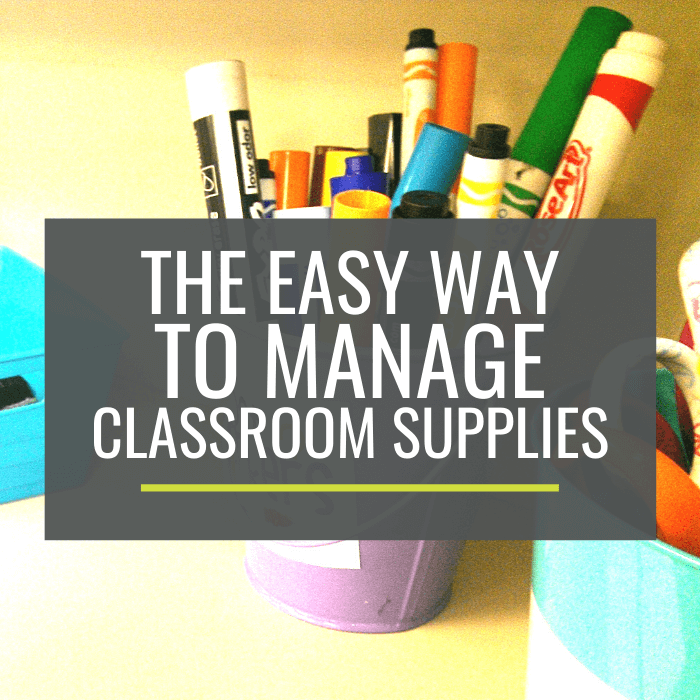
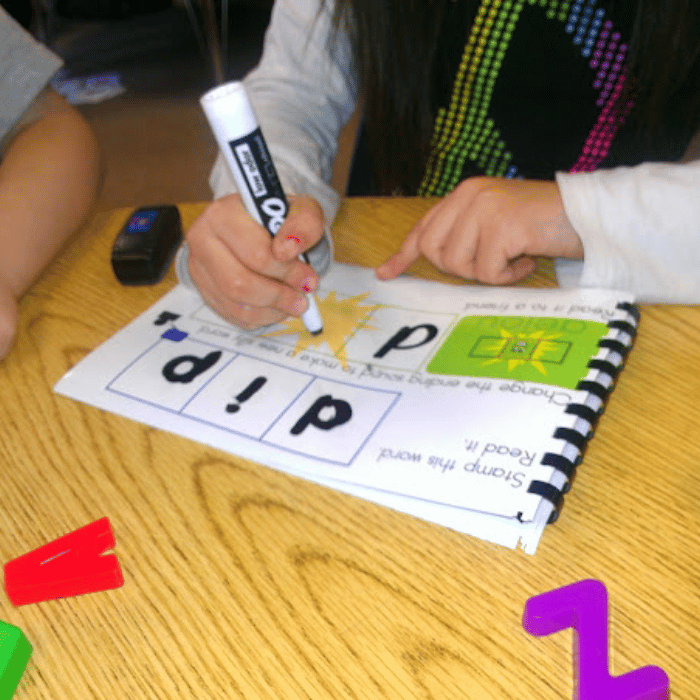
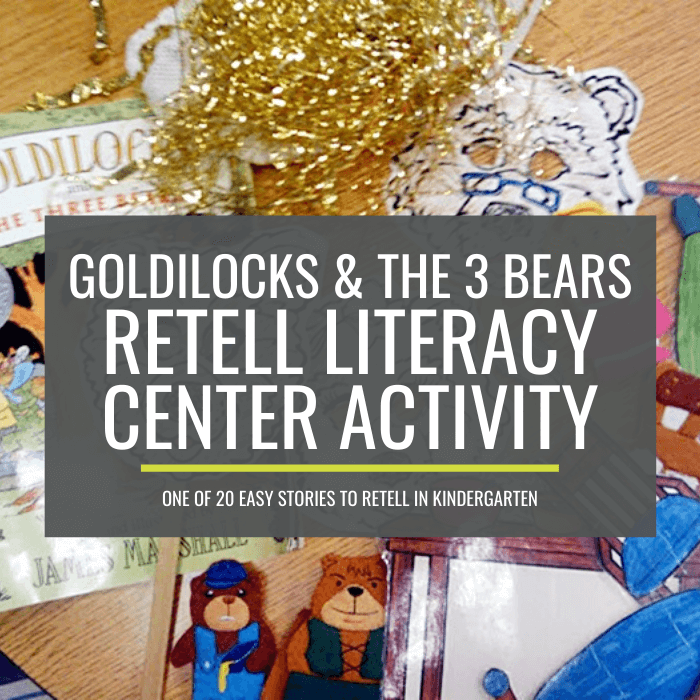
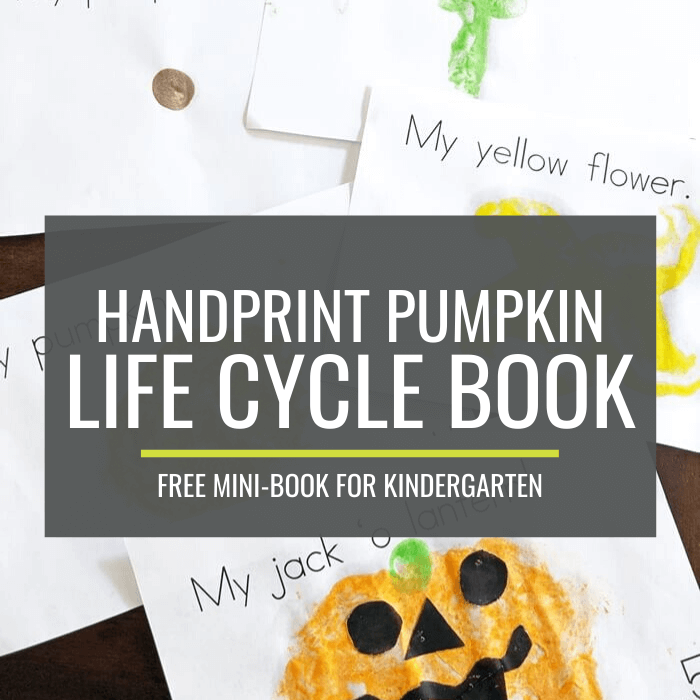
Super thorough and helpful, this article is exactly what I needed to read! Thanks so much! 🙂
Is this current? I think this is a fabulous idea, and I wanted to see if I could access the course still?
Hi Nina,
Thanks! Yes, you certainly can still get in on the course. Enter your name/email in the form above to get things rolling.
– Leslie
So, I got the email with the BootCamp notes, but I am not sure what to do after than? I can’t seem to find any other links…
Great tips! I’d add, know what you want the kids to be doing the first few days as they arrive as parents may have trouble dropping off and leaving. They may want to talk with you during those morning minutes.
Thanks for sharing your input. Yes, thinking through the day’s lesson plans are a must!
– Leslie